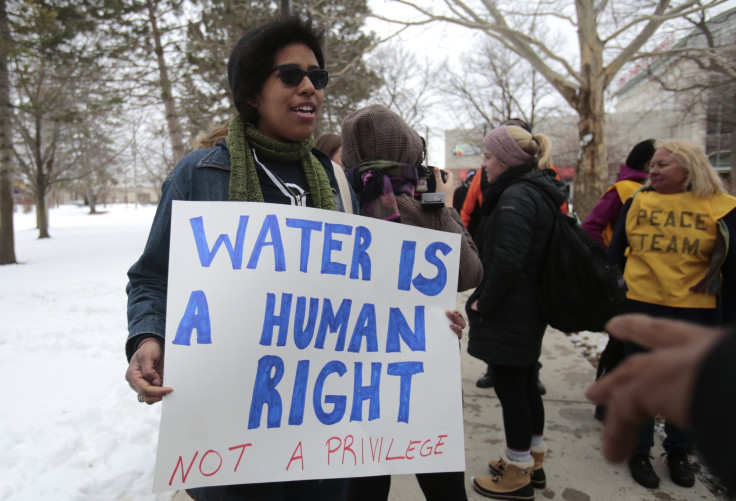World Water Day: 3 In 4 People Don't Have Access To Safe Water, UN Report Says
Water is a basic necessity, yet it is not accessible to everyone. Around 2 billion people are deprived of water, according to a recent report from the United Nations (UN). This means three in four people go on about their lives without access to safe drinking water.
Moreover, the global urban population experiencing water shortage is "projected to potentially double from 930 million in 2016 to between 1.7 and 2.4 billion people, in 2050," as per the report.
These facts are quite alarming, so much so that we need to make the most of this year's celebration of World Water Day.
Declared by the UN in 1993, the occasion is observed on March 22 every year. It aims to raise awareness of the importance of having access to potable water across the world.
For this year's World Water Day celebration, which will mark the 30th year of the occasion, national governments and stakeholders from all rungs of society will convene in New York from Wednesday to Friday for the UN 2023 Water Conference. The event seeks to bring the world on the same page when it comes to solving the ongoing water and sanitation crisis.
In 2015, the Sustainable Development Goals established by the UN General Assembly set eight targets to be achieved by 2030. These included achieving universal and equitable access to safe and affordable drinking water for all, improving water quality by reducing pollution, increasing water-use efficiency across all sectors and reducing the number of people suffering from water scarcity.
In the Sustainable Development Goals Report 2022, it was projected that billions of people across the world would not have access to household drinking water by 2030 if notable progress was not made.
Vulnerable communities are at the epicenter of the crisis, as it was found that eight out of 10 people who lacked basic drinking water were from rural areas and half of them lived in the least developed countries.
The report further clarified that 81% of the world's population would have safe drinking water at home and at least 1.6 billion people would be without it by 2030 if the required progress wasn't made.
Water Crisis in the United States
A study led by the U.S. Forest Service predicted in 2019 that climate change and the booming population would pose serious challenges to water supply in some U.S. regions.
In the same year, non-profits U.S. Water Alliance and Dig Deep collaborated on a report called "Closing the water gap in the United States." It found that more than 2 million Americans lived without basic access to safe drinking water and sanitization. They included 553,000 homeless people in the U.S. who may lack access to equitable water and sanitation.
Furthermore, 17% of people living in rural areas reported experiencing issues accessing safe drinking water. About 40 million people were served by water systems that had health-based Safe Drinking Water Act violations.
"Let's take action": UN Secretary-General
In his message marking World Water Day 2023, UN Secretary-General Antonio Guterres called attention to the deteriorating natural cycle of water.
"Our world is dramatically — and dangerously — off-track to reaching our goal of safely managed water and sanitation for all by 2030," he warned.
"We don't have a moment to lose. Let's make 2023 a year of transformation and investment for humanity's lifeblood. Let's take action to protect, sustainably manage and ensure equitable access to water for all," he added.

© Copyright IBTimes 2025. All rights reserved.






















